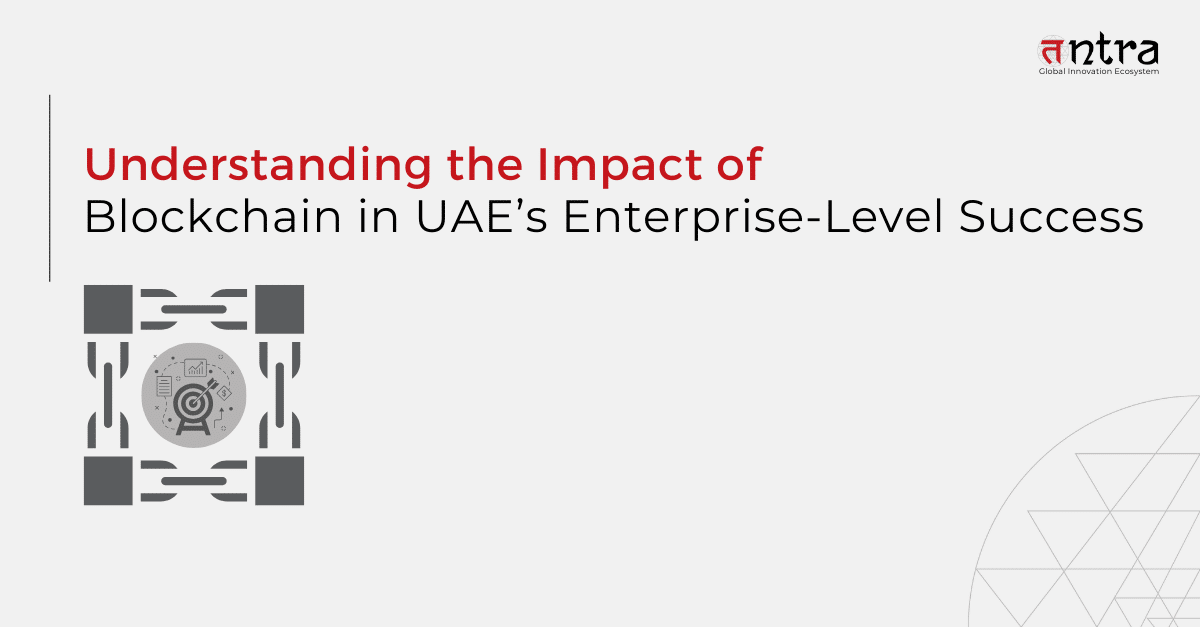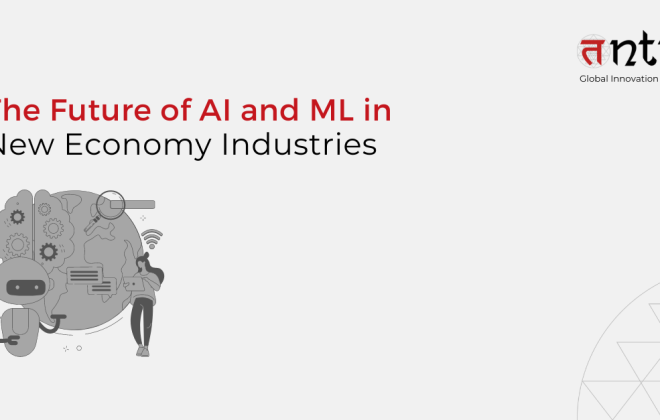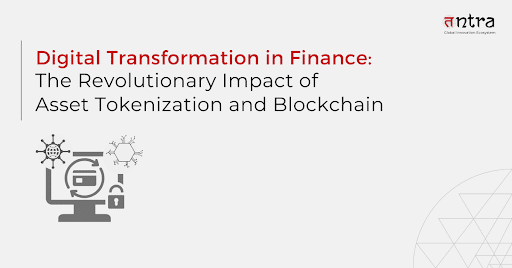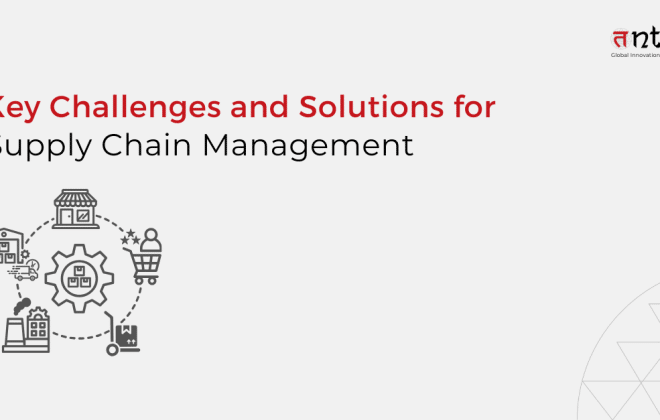
Understanding the Impact of Blockchain in UAE’s Enterprise-Level Success
Table of Contents
ToggleThe UAE’s business-friendly environment and global reach make it a prime location for software development companies, especially those focused on fintech. This is particularly true for companies working within the thriving UAE Blockchain Ecosystem. Blockchain technology is poised to revolutionize various industries in Dubai, UAE over the next decade. From securing the Internet of Things and jumpstarting AI to improving communication and big data management, Blockchain offers a path toward a more secure, transparent, and efficient future. Don’t miss out! Read this blog to know the key areas where Blockchain technology is leaving an impact on the UAE Economy.
The UAE Central Bank has been actively researching Blockchain technology for the purpose of improving financial transactions, eliminating fraud, and increasing banking sector efficiency. EmCash, a digital currency built on Blockchain technology, has also been launched in Dubai.
Additionally, In 2017, Smart Dubai engaged IBM as its Blockchain Lead Strategic Partner to assist in identifying a collection of high-value Blockchain use cases in UAE where it might have a positive impact.
IBM has now completed over 500 Blockchain projects, including several throughout the area, resulting in a robust set of use cases across numerous industries. They understand what works and doesn’t. In the instance of Dubai, IBM collaborated with government departments to identify opportunities that aligned with the city’s forward-thinking Dubai blockchain policy.
Another good example is IBM’s collaboration with the Dubai Department of Economic Development. Dubai has several “free zones” that, in some ways, serve as separate jurisdictions, each with its own licensing authority and corporation registration regulations. You can either establish a firm on the mainland or in one of several free zones, each with its own set of rules and purposes.
As a result, there was a need for a uniform perspective across all of these jurisdictions. IBM addressed this by establishing a Blockchain-based registry in which member free-zones and the mainland could communicate information on registered enterprises and various aspects of their organization.
(Source: IBM)
The UAE Blockchain Playing Field: A Brief Overview
Chainalysis, a Blockchain analytics platform, discovered that institutional investments (each worth more than $1 million) accounted for more than 67% of cryptocurrency transactions in the seven-emirate federation between July 2022 and June 2023.
The Mena area boasts the world’s sixth-largest crypto economy, with an estimated $389.8 billion in on-chain value collected from July to June of last year. According to the research, this accounted for almost 7.2% of total global transaction volume throughout the period.
Blockchain and UAE: How Things are Shaping Up
The UAE is seen as a business-friendly climate with low taxes, making it an appealing option for enterprises seeking to maximize earnings. It is also geographically placed between Europe, Asia, and Africa, allowing enterprises to readily reach global markets across multiple time zones. Any software product engineering solutions provider operating in the region will have better opportunities than in other places.
As interest in cryptocurrencies develops, Dubai has recently passed legislation to govern virtual assets in order to offer investors a safe environment while also embracing developing technology.
Fueled by innovation in Blockchain technology across the UAE, here’s how Blockchain will impact Dubai in the next decade:
- Internet of Things will Transform
Today, the Internet of Things (IoT) encompasses cars, buildings, doorbells, and even refrigerators that are outfitted with software, network connectivity, and sensors. However, because these gadgets communicate from a central point, hackers can acquire access to your vehicle or home. According to Kamil Przeorski, an expert in Bitcoin and Ethereum capabilities, Blockchain has the capacity to overcome these fundamental security concerns in fintech app development solutions by decentralizing all information and data. This becomes increasingly critical as IoT capabilities expand with Blockchain technology in banking. - Jumpstart AI into Action
Blockchain technology is proving to be the world’s most powerful artificial intelligence tool. The technology’s integration with AI presents a set of opportunities that can improve the overall experience. For example, Blockchain technology applications enable AI-powered apps and platforms to gain authenticated access to data kept and controlled by other entities without the need for middlemen. This will eventually allow us to provide a more personalized, precise, safe, and quicker customer experience. Furthermore, the technology will enable new business models and lessen the entry hurdle for any fintech app development company to go to the market. This will make it less difficult for AI-powered apps and software to achieve greater benefits. - Unified Communications will Take Priority
Blockchain technology has the potential to speed up, secure, and rely on automated communication. In some industries, automated or digital communication that utilizes pre-built algorithms is already being used on a large scale by almost every software development company in Dubai. Emails, system warnings, and phone calls are some examples. Co-founder of a communications company and an early Bitcoin enthusiast and miner, informed that, while much communication is presently automated, it is typically non-critical and asynchronous. He went on to say, “Blockchains can shift the playing field to allow authorized, bi-directional communications and transactions that take place more readily in a controlled setting and produce an immutable record of communication.” This will significantly improve the safety and dependability of our communications. - Augmentation of Big Data
While many believe that Blockchain would pose a threat to Big Data, it will really help blockchain development companies in Dubai and other software development services providers create a better future. The technology will provide efficient answers to the current issues in the Big Data era. For example, Blockchain will help to store data in immutable blocks and safeguard each chunk of data. It will also give a layer of transparency and decentralization to the overall process, lowering the danger of losing access to data if any entity is corrupted in any way. Above all, build trust in the process. - Improved Cloud Outcomes
Blockchain will also transform the cloud sector. The combination of the two disruptive technologies, also known as Block-cloud, will render it easy to track down who is using or administering the cloud and audit each individual transaction. Furthermore, the technology will divide user data into little chunks and add a further level of security to them through the use of hashing and public/private key encryption. These data pieces will later be kept in decentralized places, making it easier to safeguard data from hackers. With this completed, we examined the possible impact of Blockchain technology in finance on various businesses and the technologies with which it would combine to achieve remarkable results.
Blockchain is a Game-Changer in the UAE
Blockchain is still in its early stages, but it is rapidly evolving. While the buzz continues to develop, there are still barriers to mainstream adoption, including technical challenges such as scalability, data privacy, and technology standardization. Furthermore, the application of Blockchain in finance necessitates a broad grasp of the technology’s application in relation to the current regulatory environment.
Developing the necessary tools and addressing these restrictions may take time, but continuing investment in Blockchain solutions is expected to address many of these issues and concerns, as have previous technological revolutions.
If you want to implement Blockchain in your organization, Tntra, a leading software product engineering company in UAE with a team of over 100 experts and engineers, can be your trusted partner. As a leading blockchain company in Dubai, we can help your Blockchain journey reach new heights. Book your FREE CONSULTATION CALL today!





